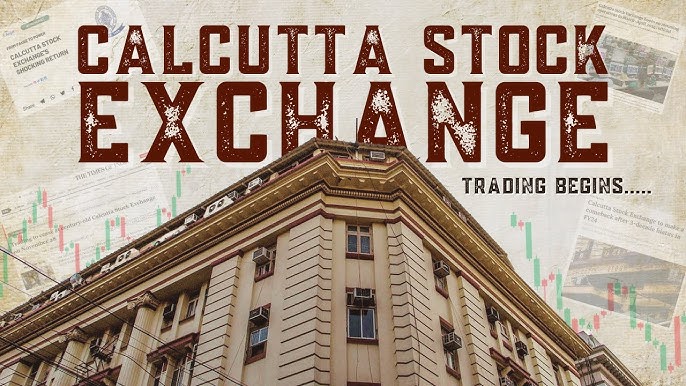The Calcutta Stock Exchange (CSE), one of India’s oldest stock exchanges, is set to mark its last Diwali as a functioning bourse in 2025. After trading suspension since 2013 due to regulatory non-compliance, CSE has decided on a voluntary exit with shareholder approval underway and awaits final SEBI clearance.
The Calcutta Stock Exchange (CSE), founded in 1908 and once a formidable rival to the Bombay Stock Exchange, is approaching a poignant milestone as it prepares to celebrate its last Diwali as a functioning stock exchange this year. After over a decade of regulatory challenges and trading suspension, the CSE has embarked on a voluntary exit from the stock exchange business, signaling the end of an era for this historic institution.
Trading activities at the CSE were suspended in April 2013 by the Securities and Exchange Board of India (SEBI) due to persistent non-compliance with regulatory norms. Despite multiple efforts to revive the exchange and legal battles contesting SEBI directives, the board resolved in late 2024 to withdraw ongoing court cases and pursue a voluntary exit plan. This strategy was formally presented to SEBI and received shareholder approval at an Extraordinary General Meeting in April 2025.
Key highlights of this transition:
-
Shareholders have approved the voluntary exit plan, and the formal application was submitted to SEBI in February 2025.
-
SEBI has appointed a valuation agency, Rajvanshi & Associate, to conduct the final valuation of the exchange as part of the exit approval process.
-
Upon SEBI’s approval, the CSE will cease to function as a stock exchange and transform into a holding company.
-
Its subsidiary, CSE Capital Markets Pvt Ltd (CCMPL), will continue broking operations as a member of NSE and BSE.
-
The regulator has cleared the proposed sale of CSE’s three-acre EM Bypass property to the Srijan Group for Rs 253 crore, to be executed post-approval.
-
A Voluntary Retirement Scheme (VRS) was implemented for all employees involving a one-time payout of Rs 20.95 crore, which all accepted, with some retained on contract for compliance duties.
-
The exit and property sale are expected to yield annual savings of around Rs 10 crore.
The CSE’s decline was triggered by the early 2000s fallout from the Ketan Parekh scam, which caused a severe payment crisis and a loss of investor confidence. Over the years, trading volumes waned as electronic markets and regulatory modernization shifted focus to larger exchanges like NSE and BSE.
As the CSE prepares for what could be its final festive season, nostalgia envelops its remaining members who recall the vibrant trading floors and daily rituals such as prayers to Goddess Lakshmi before market hours. The cessation of operations marks the close of a significant chapter in Kolkata’s financial history and reflects broader changes in India's capital markets towards consolidation and technology-driven exchanges.
CSE Chairman Deepankar Bose summed up the sentiment in the FY2025 report, recognizing the exchange’s historic role in India’s capital markets while preparing for the future beyond stock exchange operations.
Sources: Indian Express, Business Standard, Good Returns, DT Next, New Kerala

